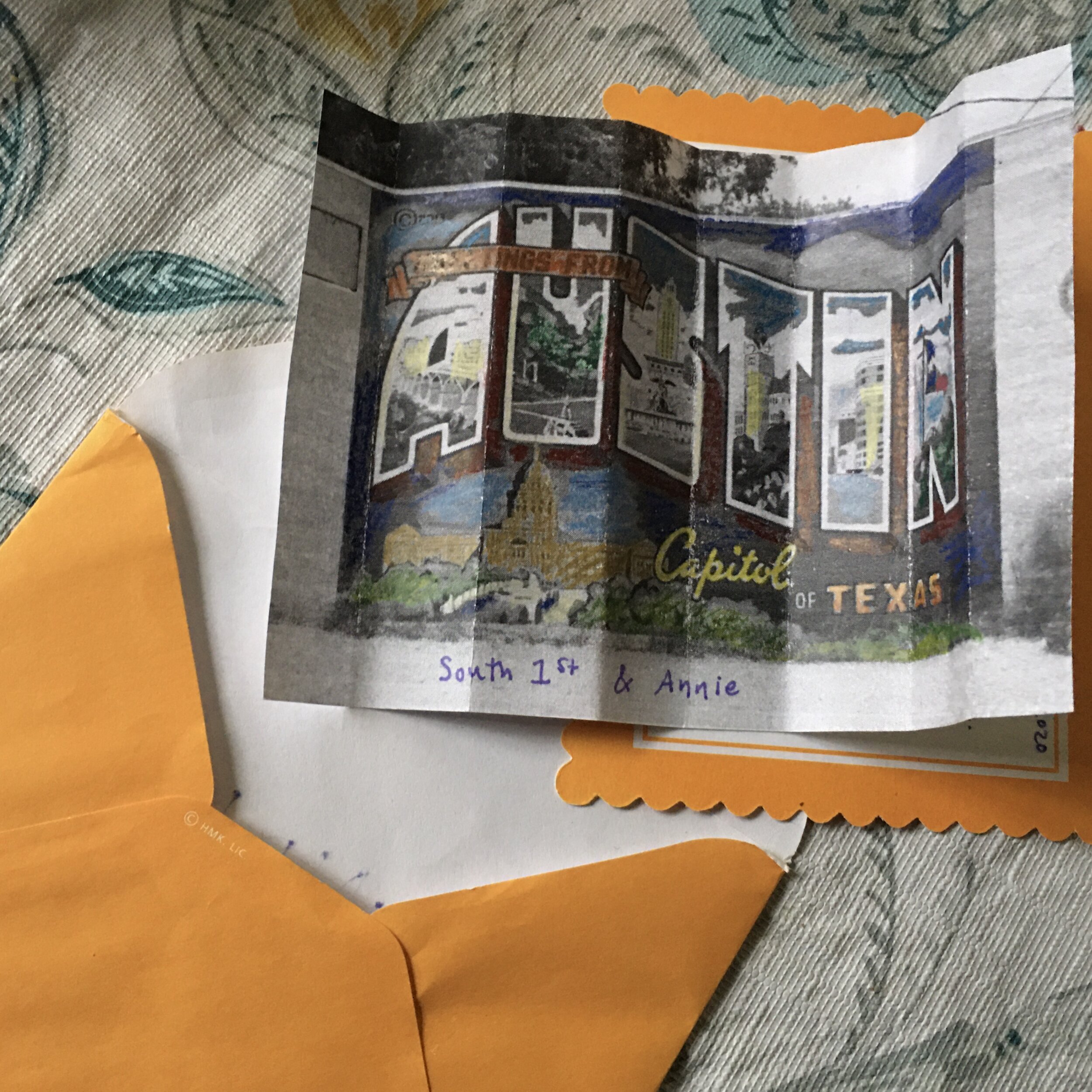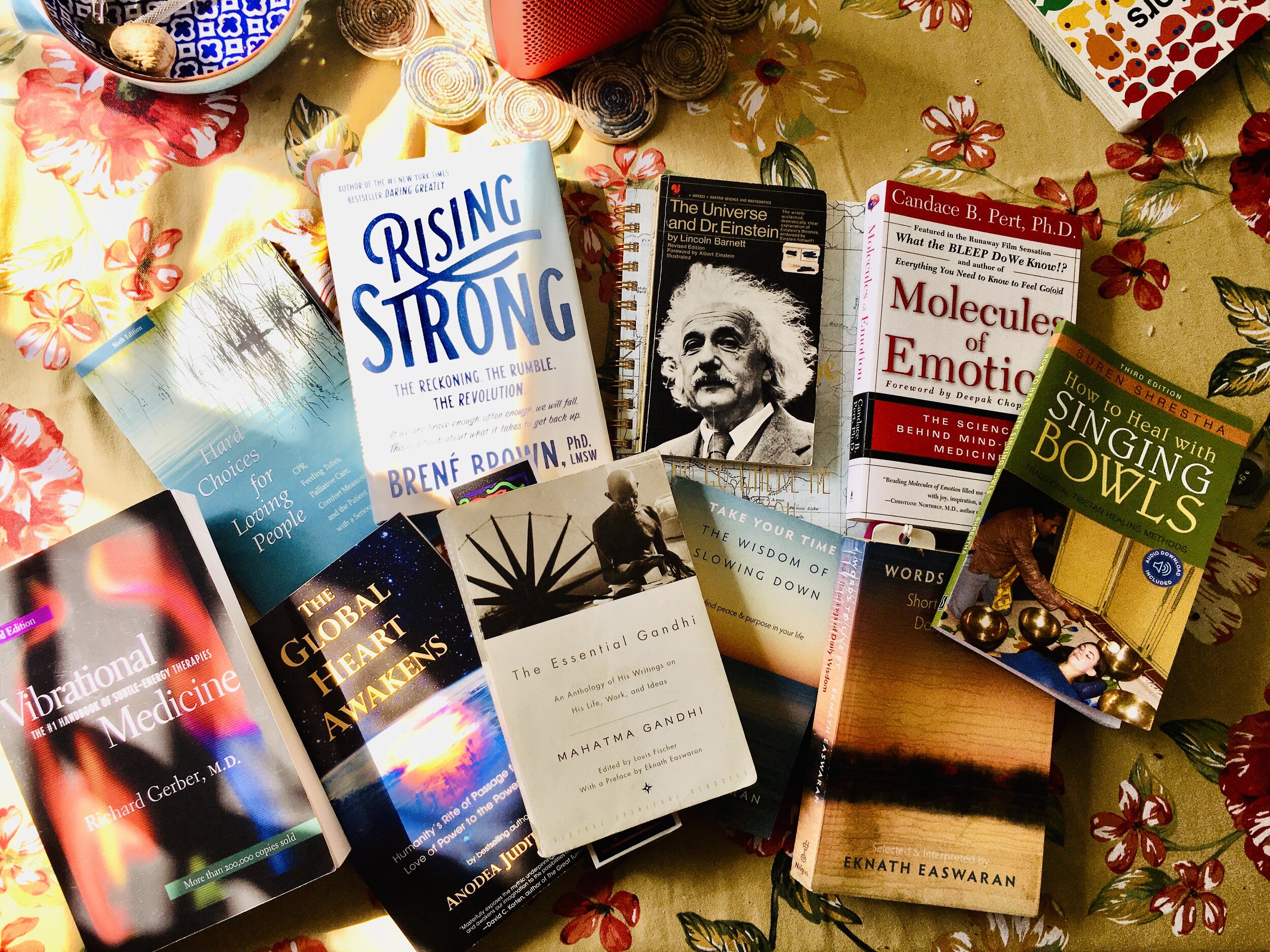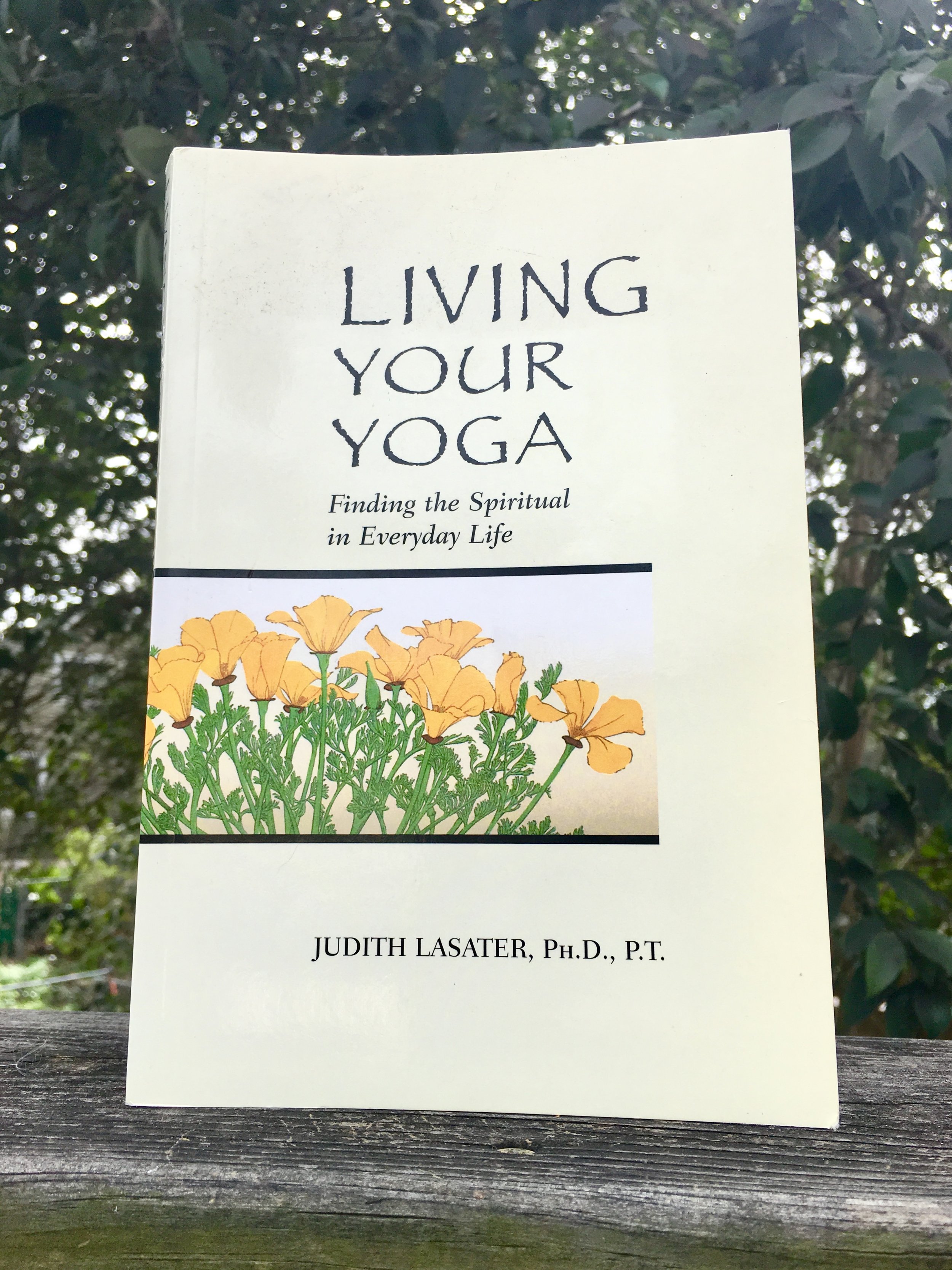I kept thinking I was tired because of my grueling work. I started to dread returning to the ICU. I was anxious and depressed, and I thought it was ALL in my mind. I scolded myself for feeling negative, “I should choose positive thoughts.” Was I slipping back into one of my dark depressions? Was I feeling unfamiliar anxiety? My breath the following Monday May11th felt slightly restricted, but I thought, “It’s all in my mind. I’ll sleep it off, but if I still feel bad in the morning, I’ll call in to work.”
“It’s all in my mind.”
I woke up at 5:30am that Tuesday and all I felt was dread. “I don’t want to go to work.” I took a deep breath in and knew it was abnormal. “Something’s not right,” said my inner voice. I called the night shift charge nurse to report my strange breathing and slight cough. “It’s probably just allergies. There’s a lot of mold in the air now,” she said. “My whole family has had a cough for a week. If you feel bad, you can always go home later.” She convinced me. Maybe it’s just allergies. Maybe it’s nothing. So I went to work.
After morning huddle and getting report on my patients I kept thinking, “I can’t do this. I shouldn’t be here,” all while having this horrible feeling of dread. “Am I having a panic attack? Is this what that feels like??” While retrieving my patients’ morning medications from the Omnicell dispenser, a co-worker casually greeted me and asked, “How are you?” And that’s when my thoughts and emotions began to spiral out of control. “Not good,” I answered and proceeded to tell her about my difficulty breathing.
It’s all a blur now, but I came to tears in the hallway explaining to my dayshift charge nurse that I had tried calling in and I didn’t feel well. She really took charge and swept me away to console me and advise me to leave and seek medical attention. I quickly changed out of my COVID scrubs and was practically running out the door when I ran into my manager at the elevators. “I’m gonna be fine!” I yelled through the closing elevator doors, tearful and embarrassed. I went straight home, immediately contacted Occupational Health, and went to bed.
” I can’t do it anymore.”
A couple hours later, I awoke. Still no word from Occupational Health. My manager and friend had been texting me to check up on me. With their encouragement, I decided to get tested at an outside clinic. Thoughts raced through my mind during the two days it took for the result to come back, “Maybe this is all in my mind. I am depressed. I am anxious. I am overwhelmed. I am tired. I don’t want to work anymore. I can’t do this. Life is too hard. I can’t do it anymore.” Just as I was practically snorting eucalyptus and peppermint essential oils to asses my lack of ability to smell, I got the call. Covid19 positive.
“COVID POSITIVE”
“OH MY GOD,” jaw open, I said aloud on the phone to the Medical Doctor and then, “What a relief!” I thought to myself. “I am NOT crazy! I really am sick.” A day of relief turned into a day of self-pity, turned into a day of fear, turned into a day of anger, turned into a day of empowerment. With all the time required to self-isolate and quarantine, I’ve been able to reflect, “How did I get to this present moment?”
I contracted COVID19 at work. Since late March, I’ve been taking care of nothing but COVID19 confirmed cases in the Medical Intensive Care Unit. I have been in situations when the ventilator circuit accidentally disconnects while repositioning a patient. I have been coughed all over while assisting patients with activities of daily living. I have extubated a patient. As ICU COVID RNs, we are and cannot avoid being in these encounters of highly aerosolized viral airborne particles. I’ve been in all of these situations wearing a decontaminated single-use N95 respirator.
FAQ on N95 resuse info compiled by National Nurses United
https://act.nationalnursesunited.org/page/-/files/graphics/0420covid19N95faq.pdf
I am sick with COVID because my employer instructed me to reuse a decontaminated N95. I am sick with COVID because of an implemented decontamination process that has not been FDA approved. I am sick with COVID because of a President who has no respect for science. I am sick with COVID because of poor leadership. There is no one single entity to blame, rather a system that is broken and failed to ensure the safety of our frontline heroes in this war against COVID19.




















